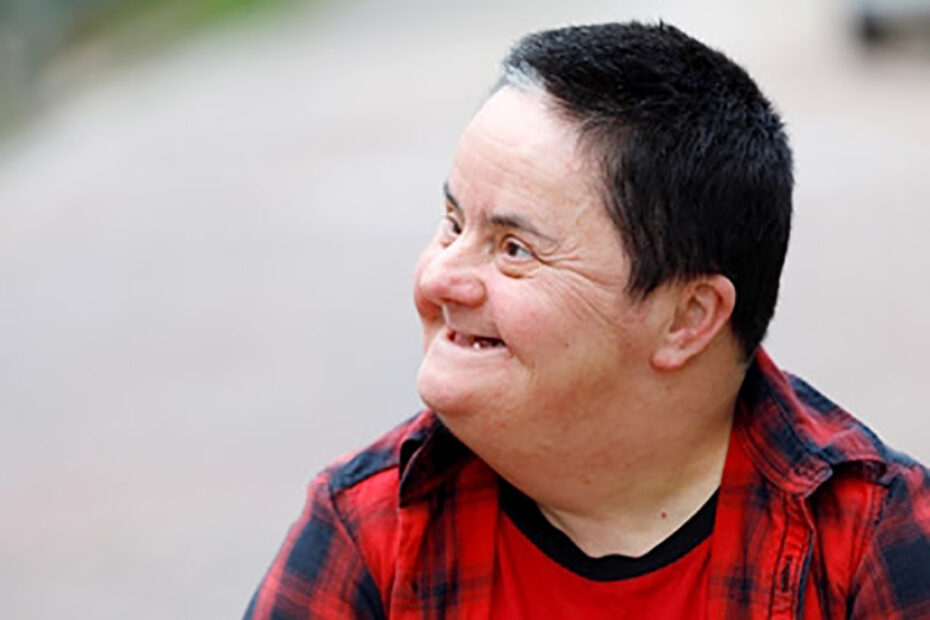Alzheimer’s Disease in People With Down Syndrome
Scientists are working hard to understand why some people with Down syndrome develop dementia while others do not. They want to know how Alzheimer’s disease begins and progresses so they can develop drugs or other treatments that can stop, delay, or even prevent the disease process.






